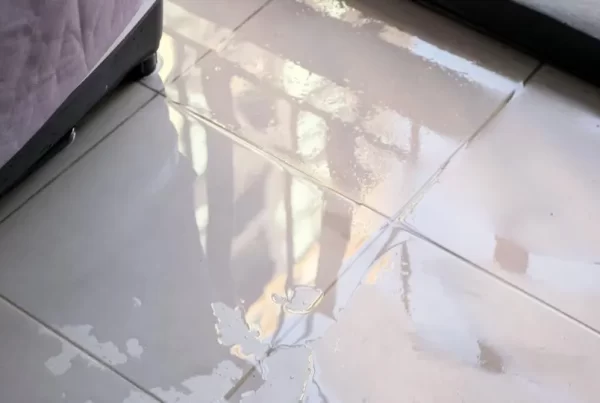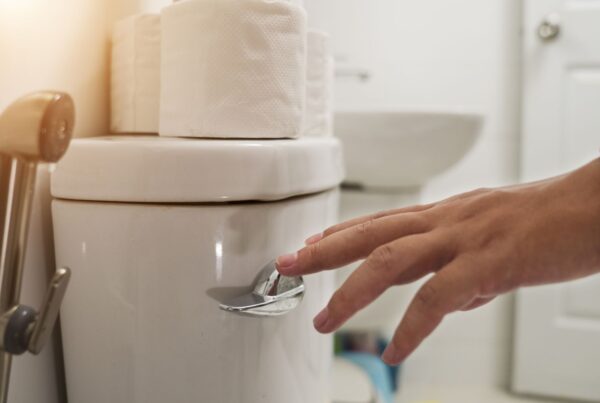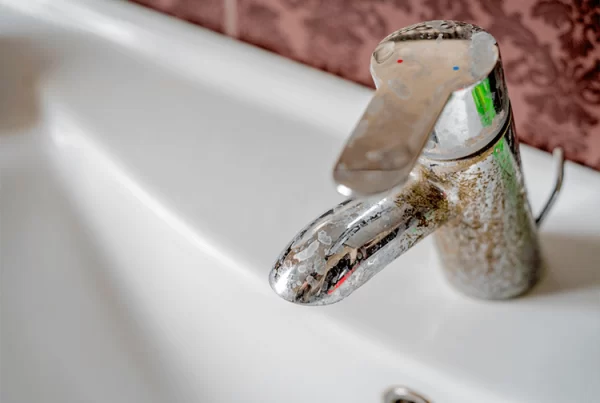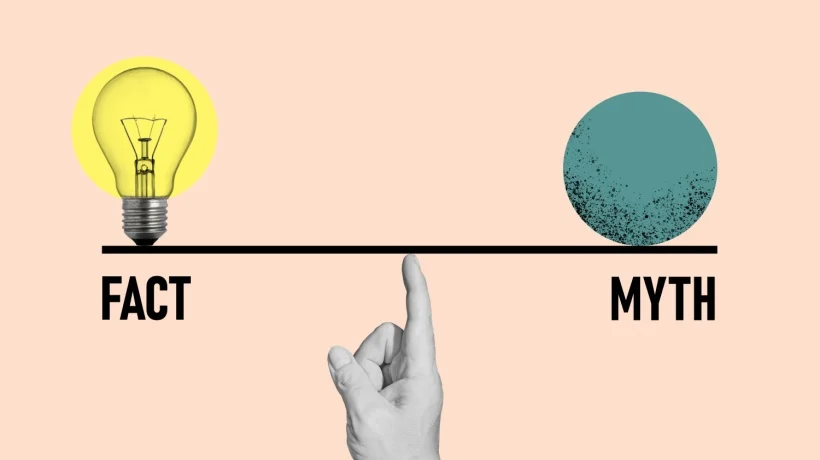
You may have fallen for childhood myths, like flushing ice cubes down the toilet. While you’ve learned the truth about those, some plumbing myths might still mislead you.
Here’s some advice to help set the record straight on seven common plumbing myths.
1. Ice cubes sharpen your garbage disposal blades.
False. Ice cubes can help dislodge food stuck in your garbage disposal, but they don’t actually sharpen the blades.
2. Flushable wipes are safe to flush.
False. Although marketed as safe to flush, flushable wipes can cause significant plumbing backups.
Unlike regular toilet paper, these wipes don’t break down in the system and can lead to plumbing problems.
3. Putting bricks in your toilet saves money.
False. Bricks belong in your home’s foundation or walkway, not in your toilet.
Placing bricks in the tank can damage the toilet’s inner workings, leading to leaks. This can result in extra flushing and higher water bills.
4. A rumbling water heater will explode.
False. While a rumbling water heater can signal sediment buildup or other issues, it usually doesn’t mean it’s about to explode. However, it could indicate that your water heater needs repair.
5. It’s safe to shower or bathe during a lightning storm.
6. Running hot water down your garbage disposal breaks up grease.
False. While hot water helps break down grease, it solidifies when it hits the cold pipes further down your plumbing. This can create a clog that attracts more debris, which is why you should avoid pouring grease down the sink.
7. Liquid drain cleaners clear clogs safely.
False. Many liquid drain cleaners contain harsh chemicals that may clear clogs but can also damage your pipes. While there are natural alternatives, it’s best to call a plumber for stubborn clogs, as they could indicate larger plumbing issues.
